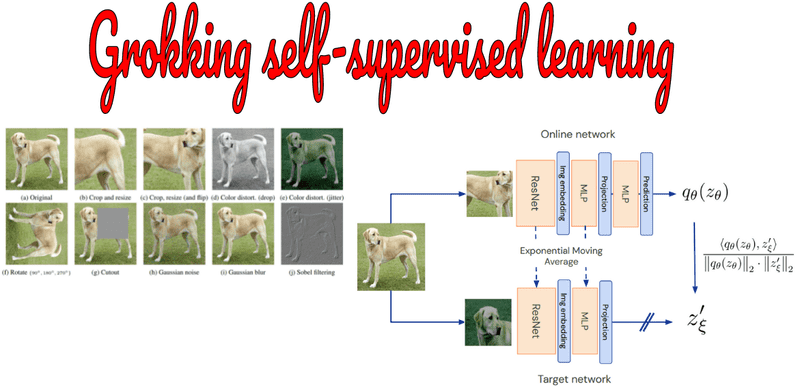
Artificial intelligence (AI) is taking a formidable and increasingly pivotal role in the modern theater of war, particularly highlighted by reports from Israel’s conflict in Gaza. Recent investigations allege that the Israeli military allowed an AI program to assume a critical part in targeting suspects in the early days of combat, a move that may have contributed to the chaos of war, including civilian casualties.
Vehemently denied by the Israeli military, the AI program known as “Lavender” reportedly generated target lists which were treated almost as human decisions when it came to identifying individuals for attack. These claims come amid global concern over the swift evolution of autonomous systems in warfare, far outpacing ethical and legal considerations.
The rapid adoption of AI extends its reach into military strategies worldwide, exemplifying a new industrial revolution within our armed forces. AI applications are plentiful, from optimizing target selection like Israel’s alleged use of Lavender, to scrutinizing vast amounts of data as demonstrated by the U.S. Military’s Project Maven.
Ironically, while artificial intelligence can potentially increase the precision and efficiency of military operations, it simultaneously amplifies risks associated with misidentifications and the ethical quandary of machine-led decisions in life-or-death situations.
This incredible growth in AI’s role on the battlefield prompts an urgent global conversation about how we manage the power of AI, ensuring that it doesn’t overtake the crucial human elements of ethical decision making and accountability in warfare. The conversation extends to international law, with many calling for new regulations to manage the use of autonomous weapon platforms.
As military reliance on artificial intelligence continues to expand, it challenges societies to confront these hard questions head-on. We are at a crossroads where the future of warfare can either benefit from the precision and analytic capabilities of AI or suffer from its unchecked potential for errors and ethical violations.
Current Market Trends
The defense sector is experiencing a significant surge in investments related to AI, with global powers such as the United States, China, and Russia leading the race to integrate AI into their defense systems. Autonomous drones, AI-driven surveillance systems, and machine learning applications for logistics and reconnaissance are among the rapidly evolving technologies. As defense contractors and national militaries increase their reliance on AI, there’s a notable trend towards developing AI systems that can operate with minimal human intervention, further pushing the boundaries of autonomous warfare.
Forecasts
Experts predict that the integration of AI into military systems will continue to accelerate, with a focus on creating autonomous weapons that can make decisions faster than human-operated systems. Despite concerns, it’s anticipated that AI will play a significant role in cyber warfare, intelligence gathering, and decision support. By 2040, AI is expected to be deeply embedded in most, if not all, aspects of military operations, revolutionizing not only tactics but also the strategic planning of warfare.
Key Challenges or Controversies
One of the crucial challenges facing the integration of AI in warfare is the need for clear ethical guidelines and international laws regulating its use. The potential for AI to act independently raises fundamental questions about accountability, particularly in the case of wrongful killings or war crimes. Additionally, the risk of escalation is significant, as AI systems may execute actions faster than humans can react or control, possibly leading to unintended conflicts.
The risk of an AI arms race is another concern, with nations potentially prioritizing the speed of AI development over safety and ethical considerations. The opaque nature of AI algorithms also poses transparency issues, making it difficult to assign responsibility for wrongful actions made by autonomous systems.
Pressing Questions
– How can international laws be updated to address the use of AI in warfare effectively?
– What ethical frameworks should be implemented to govern the development and use of autonomous weapons?
– How can we prevent an AI arms race and ensure global security?
Advantages of AI in Warfare
AI brings several advantages to military operations, such as improved efficiency, faster processing of information, and the reduction of human casualties by using autonomous systems in high-risk scenarios. AI also enhances the capacity for surveillance and intelligence by sifting through large data sets to identify threats. The precision of AI systems, when properly managed, can minimize collateral damage by targeting specific threats with high accuracy.
Disadvantages of AI in Warfare
Conversely, the use of AI in warfare has substantial disadvantages. The lack of emotional human judgment can lead to ethical issues in life-or-death situations where moral considerations are vital. AI systems may also malfunction or be deceived through adversarial tactics, leading to unintended consequences. The possibility of hacking poses a severe risk, as adversaries might alter AI systems to act against their operators’ intentions.
Related Links
For more information on the broader implications and discussions around artificial intelligence and its role in various sectors including defense, you may visit the following credible sources:
– RAND Corporation
– United Nations Office for Disarmament Affairs
– Institute of Electrical and Electronics Engineers (IEEE)
– Defense Advanced Research Projects Agency (DARPA)
Overall, the artificial intelligence revolution in warfare is multifaceted, presenting both cutting-edge opportunities and profound ethical challenges. The trajectory of this revolution will largely depend on the intersection of technological advancements, policy-making, and international cooperation.



